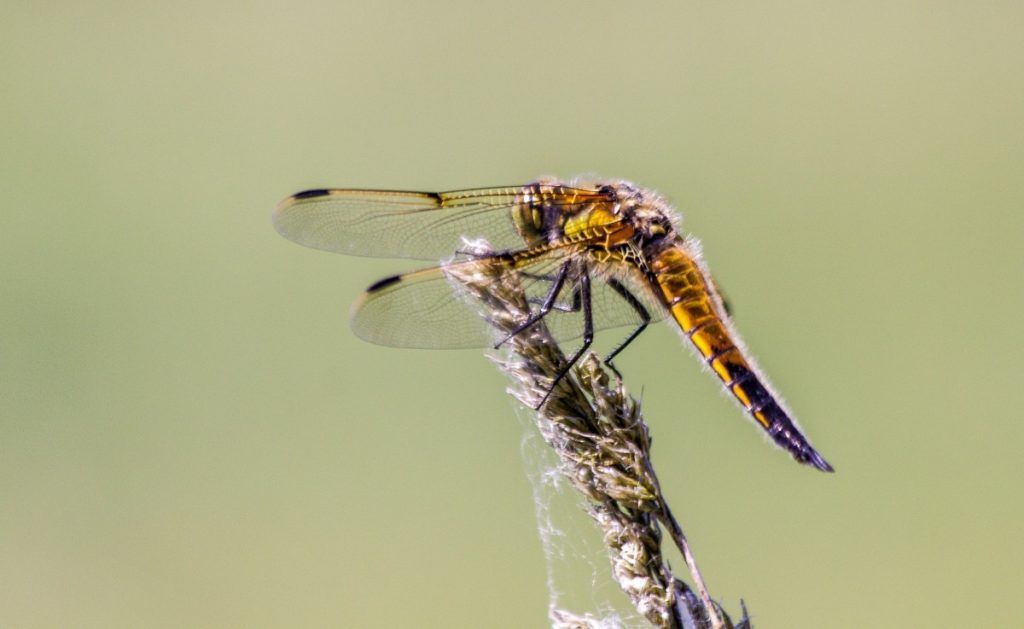Over the past 27 years, the populations of flying insects in 63 protected areas in Germany have declined by at least 76 percent.
The development is a threat to a number of birds and animals that count on the insects as an important source of food – as well as plants that depend on the insects for pollination. The collection of data has occurred via the trapping and registration of species and numbers.
“It’s fantastic the documentation is sorted thanks to the hard work in Germany, but aside from that there isn’t much to be pleased about,” Rasmus Ejrnæs, a senior researcher with the Department of Bioscience at Aarhus University, told DR Nyheder.
“Now we have documentation that it’s not just the number of species in decline, but also the total number of insects. Biodiversity crises typically concern the disappearance of species, which another then replaces, but this is unusual because it is the total biomass of the flying insects that has been counted. And it has dwindled significantly.”
Bugged by agriculture
The researchers behind the German study don’t have specific reasons for the dramatic drop in insect populations, but they do mention the climate and farming (use of pesticide, ploughing and fertilisation) as probable culprits.
Ejrnæs is himself involved in several research projects regarding insect populations and the impact of human interaction with the environment. And the biologist was quick to concur with the German findings, particularly regarding the impact of agriculture.
”We are missing the smoking gun behind the specific decline in Germany. But I don’t doubt for a second that changing land usage is responsible one way or another,” said Ejrnæs.
“If we talk about it being catastrophic, it’s not because nature itself has collapsed, but it’s unfortunately that the tracks of death and destruction once again follows in our trail. This development also impacts birds and other animals. For instance, there used to be more starlings in Denmark.”
Read more about the German insect research here (in English).














